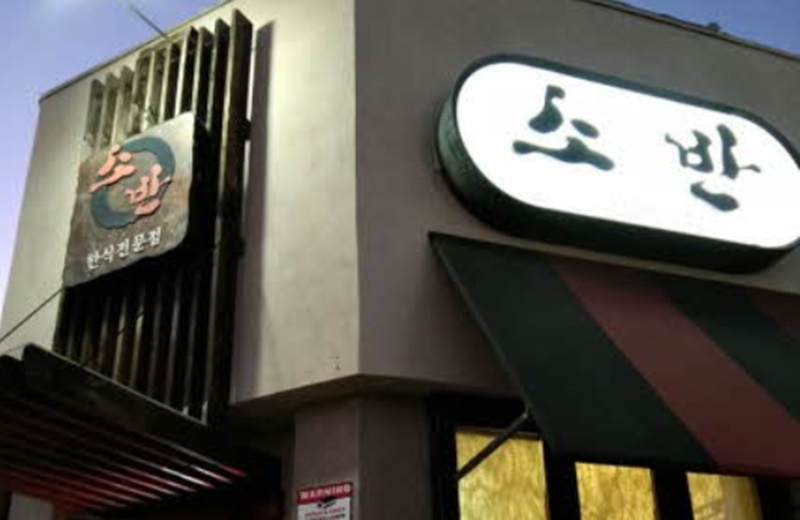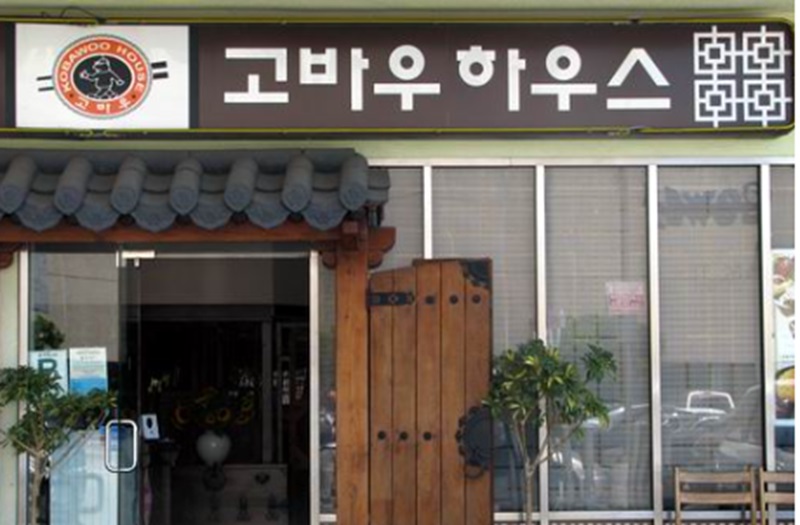
LA Koreatown restaurants are at a crossroads of generational shifts.
‘Eater LA’ recently reported on several Koreatown restaurants passing their store ownerships to their children, calling it a “crucial transitional period” that could determine the future of Koreatown eatery businesses.
Second-generation Deborah Pak runs Korean restaurant Soban along with her mother, Jennifer Pak.
After years of working in other restaurants, including as an assistant general manager at Pasta Sisters in Culver City, Pak came to Soban six years ago to help her mother.
Pak said her mother wants to continue the reputation she has built for Soban over the past decade, but there is an inevitable conflict between sticking to tradition and trying new things.
“I don’t know if I’m taking away from what the restaurant means to other people. I go to the farmer’s market a few times a week, or I want to add specials, but I have to convince my mom,” Deborah says. “I almost run the restaurant 100 percent at this point, aside from a few things, but I don’t have the final say.”

Korean restaurant Kobawoo is also run by the second generation, Janice Baik, who took over the ownership from her parents.
Baik, who studied fashion, took over the management of the restaurant when she married her husband, Chris Kim, but said her parents are still involved in important decisions.
“To be honest, I want to do this as long as I can. My parents made it what it is today, so if we don’t take over, then it’s a waste,” Baik says. “Lots of old-school places are gone now. One of my favorites was Dong Il-Jang,” she laments, referring to the 41-year-old restaurant that closed in August 2020.
These recent examples illustrate a common struggle for second-generation Korean restaurant owners, the media said.
“With the first generation approaching retirement age, it’s up to the next generation of ownership to balance the expectations of older diners, many of whom are accustomed to a certain level of treatment to match their years of patronage and low-as-possible menu prices, with younger crowds, whether Korean or non-Korean, who are usually more amenable to change,” said LA Eater.
Since the COVID-19 pandemic, the rapidly changing Koreatown has seen the opening of swanky clubs and trendy restaurants. If traditional dishes like jjigae, jeongol, and gukbap lose their place, some analysts say it could mean a loss of identity.
Immanuel Han, a photographer for Koreatown Dreaming, said, “In Korea, when a business closes, another one opens the next day or the next month in the same space. That’s how restaurants in Koreatown operate.”
However, Han noted, “Restaurants have staying in power. If anything, there’s more demand for Korean food because of media coverage. Even after the first generation retires, another one will crop up to serve these bowls of comfort. It’s an opportunity for evolution, for different types of restaurants that aren’t just Korean.”
BY SUAH JANG, JUNHAN PARK [jang.suah@koreadaily.com]




